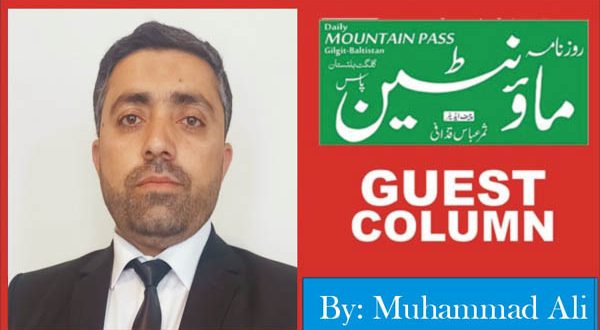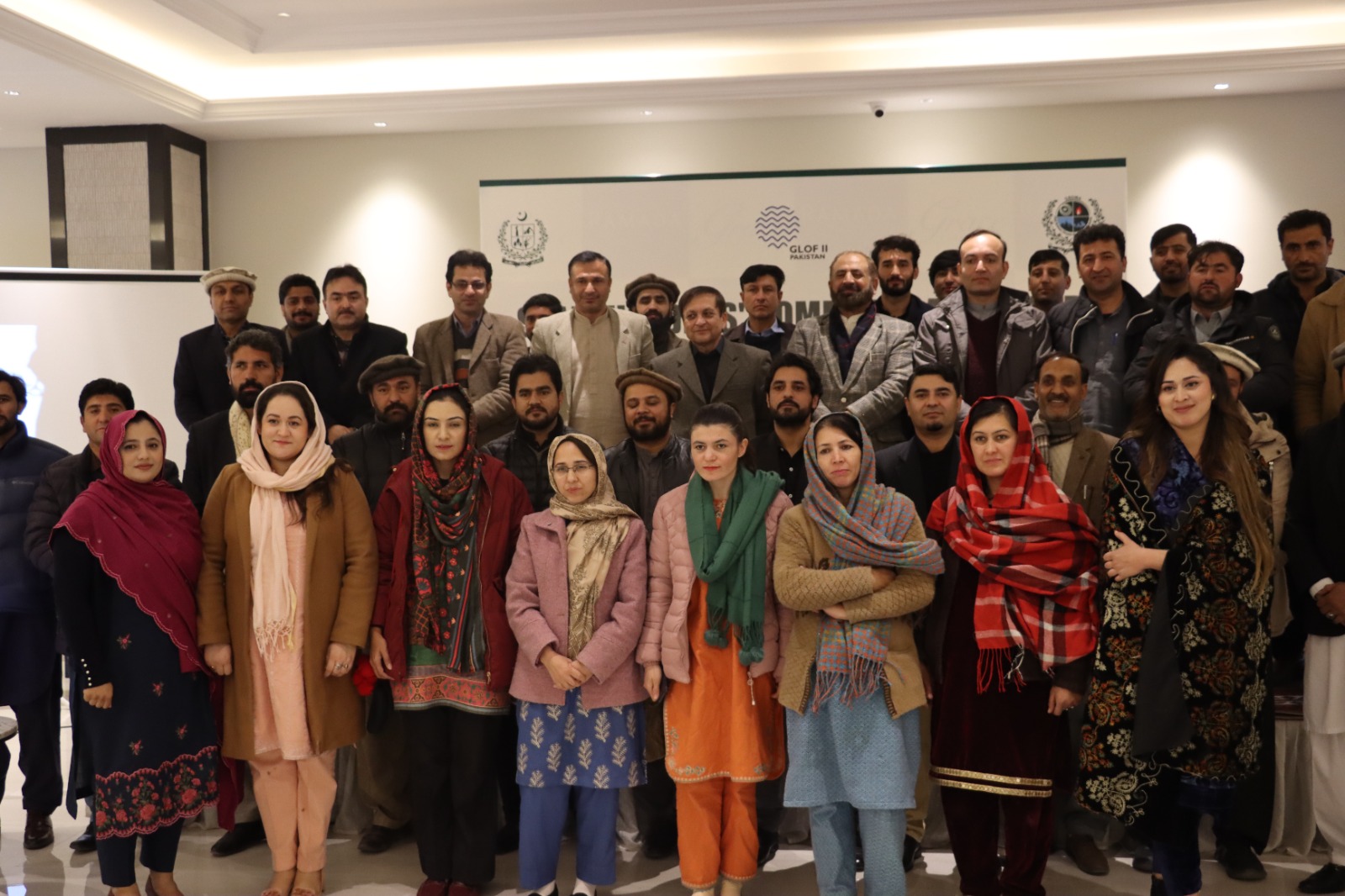By:Muhammad Ali
(Member RCC Family Planning Association of Pakistan Hon General Secretary Federal, GB & AJK)
According to the report, Pakistan is currently one of the youngest countries in the world and the second youngest in the South Asian region after Afghanistan. Out of the total population in the country, 64 per cent is below the age of 30, and 29 per cent is between the ages of 15-29 years. The youth are considered the future of any society and a country. Pakistan is one of the largest young populations in the world. This can be turned into the greatest dividend for Pakistan if we are able to capitalize on it
Around 27 million youth are unemployed in the country and face lack of opportunities, while the Covid-19 pandemic has further increased the economic challenge, said the UNDP National Human Development (NHD) report.
The report said that there are as many as 27 million ‘idle’ or unemployed young people in Pakistan. One-quarter are young men, while most (three-quarters) are young women while the large populations of youth face the prospect of an uncertain future and a lack of opportunities.
It also said that a country’s economic progress depends on whether youth entering employment have more education and skills than the existing labor force, and whether they are fully and productively absorbed into employment with quality jobs. Otherwise, with growing numbers of ‘idle’ unemployed youth, there is an increased risk of cri
Unfortunately, lack of job opportunities, lack of social engagement, unequal education and health facilities, coupled with social injustices, outdated traditions, and an exclusionary attitude of community and society towards the youth are all turning this dividend into a ticking bomb. Young people’s dreams and aspirations to attain education and find respectable livelihoods turn into a nightmare. Therefore, the youth become frustrated when they do not find any hope for their future.
The UNDP Report 2020 indicates that 29 percent of the youth in Pakistan is illiterate while only six percent have more than 12 years of education. It also states that four million youngsters enter the working age population and only 39 percent get employed every year. The most alarming situation is that almost half of the country’s young are not in education, employment or training.
We are living in a most intense period of social unrest, rapid economic, social, climatic and catastrophic changes, and individualism and identity crisis. Severe disparities and poor political and socioeconomic conditions may motivate frustrated and deprived young individuals to participate in violent and extremist activities
National Human Development report 2020 suggests a cohesive policy is essential to address youth development as a cross-sectoral issue. Pakistan currently lacks a national youth policy to lead efforts for the youth. Policy interventions such as the internship programme, handing out free laptops, and several other schemes under the government’s youth initiatives will generate only short-term solutions
unless there is an integrated approach for youth development. Youth and economy focused education policy is need of the hour.
The United Nations Population Fund (UNPF) estimates that Pakistan’s population is currently growing at an unsustainable rate (2.4 percent annual average). It is expected that over the next four decades around 2.1 million young people will enter the labor force in Pakistan, reaching a projected 181 million by 2050. The government must work on the capacity building of health institutions, education institutions and also create job opportunities to support the fast-growing population. This will not be possible without investments in effective policy interventions, establishing good governance, quality education, health, job creation and infrastructure development. It is important to address this rising challenge to promote youth engagement through quality education, employment, social engagement and political empowerment.
Pakistan is experiencing the phenomenon of unemployed educated people, particularly jobless graduates. The unemployment rate among degree-holders is almost three times higher than the other overall unemployed people. The reason for this is a mismatch between the education being imparted and the need of the economy to sufficiently absorb fresh graduates.
UNDP in its Pakistan National Human Development Report 2020 also suggested that tackling the challenge of unemployment must rank high among the government’s priorities to prevent rising frustration and disengagement among Pakistan’s youth.
The government should ensure equal access to education for both men and women, with an environment where exploration of new ideas and critical thinking is encouraged. It is more important to provide sufficient employment opportunities for the youth to reduce their frustration and vulnerabilities that ultimately lead to a reduction in their chance to participate in radicalization and violent extremism. If the sense of disparities and deprivations remains in society, it can lead to social unrest and ultimately affect national security at large. By addressing violence, corruption and repression, we can enhance the country’s stability and reduce prospects for violence and extremism.
It is very important to maintain the dynamics between education and employment. The government should establish more technical training centers in different parts of the country to generate skilled labor force to meet the demand of skilled labor nationally and in the international market. Keeping in view the technological advancements of the era, the government should focus on possible youth entrepreneurship initiatives in the field of technology, education, health and online businesses.
There are no investments that Pakistan can make today that are more important than investing in its youth. Three investments, more than all others, are going to be key to unleashing their potential and enterprise; Education, employment and engagement.
But each requires an important adjective to be truly effective. Education needs to focus on quality; employment needs to be gainful; and engagement has to be meaningful.
 Daily Mountain Gilgit Baltistan News Website News website of Daily Mountain Gilgit Baltistan
Daily Mountain Gilgit Baltistan News Website News website of Daily Mountain Gilgit Baltistan




